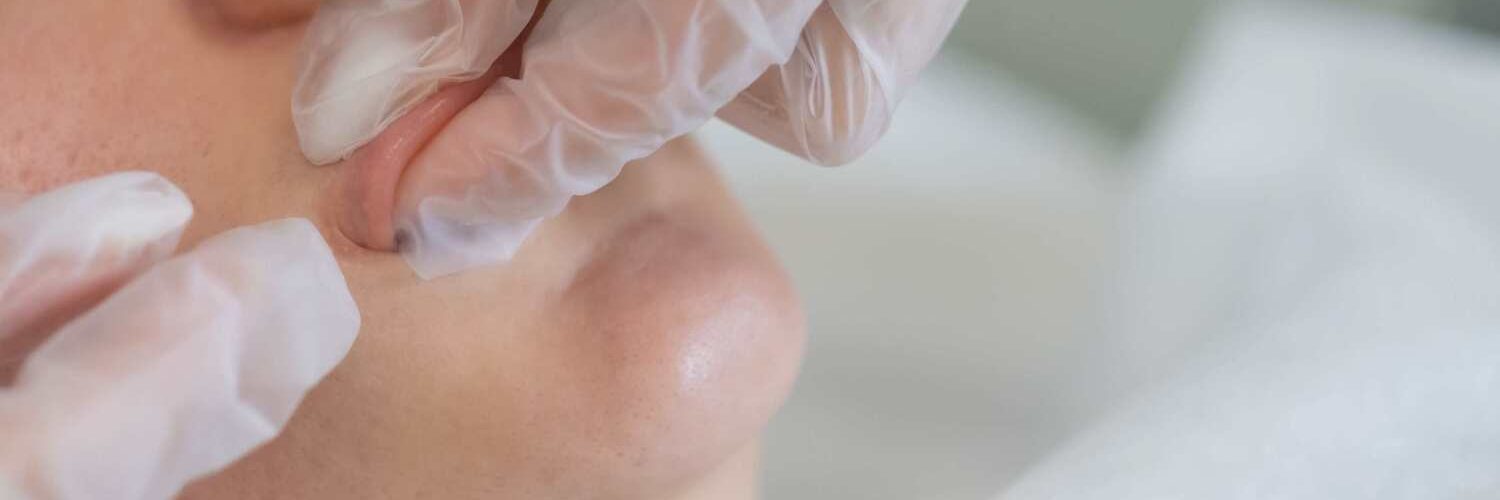What Is Sculptra and How Does it Work?
Sculptra is an injectable treatment designed to restore facial volume and enhance the skin’s overall appearance. Composed of poly-L-lactic acid (PLLA), a synthetic substance that stimulates collagen production, Sculptra works gradually to fill in wrinkles and fine lines, thereby giving the face a more youthful contour.
Sculptra is most commonly injected into the cheeks, temples, and nasolabial folds. Its full effects emerge within a few months and can last for two years or more.
What Are the Side Effects of Sculptra?
Like any treatment, Sculptra carries potential side effects that patients should be aware of. Common ones include:
- Swelling at the injection site
- Redness or bruising
- Tenderness or pain in the treated area
- Itching or discomfort
- Formation of small lumps or nodules under the skin
Most of these side effects are mild and temporary, often subsiding within a few days.
In rare cases, more severe side effects may occur. These can include:
- Scarring or skin discoloration
- Infection at the injection site
- Allergic reaction
As long as you visit an experienced provider like Bella Medspa for your Sculptra treatment, you won’t have to worry about experiencing these effects.
How Much Does Sculptra Cost?
The cost of Sculptra can vary depending on your provider’s experience, your geographical location, and the amount of product you need to achieve your cosmetic goals. Keep in mind that most patients require multiple sessions to achieve their desired results.
The only way to determine exactly how much your treatment will cost is to consult a provider like Bella Medspa.
Who Is a Good Candidate for Sculptra?
A good candidate for Sculptra is typically someone looking to restore facial volume and address signs of aging, such as wrinkles and fine lines. Ideal candidates are in good overall health and have realistic expectations regarding their results.
Additionally, those who are seeking a more gradual, natural-looking enhancement as opposed to a quick, drastic transformation are well-suited for Sculptra.
Who Is Not a Good Candidate for Sculptra?
Those with active skin infections or inflammation in their desired treatment area should avoid Sculptra until their condition improves. Additionally, individuals who are pregnant or breastfeeding are generally advised to postpone cosmetic treatments, including Sculptra.
Patients with a history of allergic reactions to any of the components of Sculptra and those on anticoagulant medication should also consult their healthcare providers before receiving the treatment. Lastly, clients who suffer from autoimmune disorders are not candidates for Sculptra.
Conclusion
In summary, Sculptra represents an effective solution for those looking to rejuvenate their appearance without undergoing invasive surgery. Thanks to its ability to provide long-lasting, natural-looking results, it stands out from traditional fillers. Sculptra carries side effects and can be costly for some, but many patients have found it worthwhile.
If you’re interested in learning more about Sculptra, book a free consultation with Bella Medspa to find out whether you’re a good candidate.



